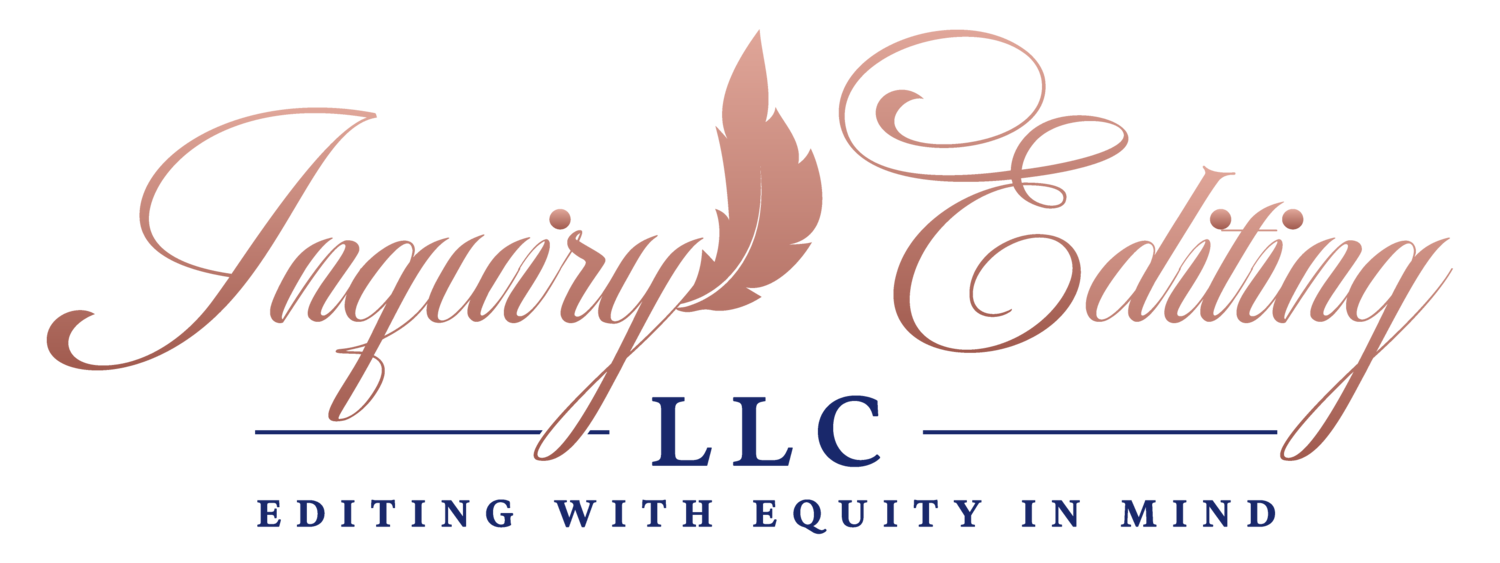Adjustments Needed
My second edited project, Arab American Aesthetics, was meant to be an article. As I wrote the article, I became frustrated by the lack of interlocutors and the disinterest of the publishing world. At the time, I wanted to make the argument that Arab American literary history was not beholden to 9/11 as a turning point. The article was rejected from ALH, Criticism, and PMLA. One editor rejected the article, despite a positive review, because it took the approach of surveying literature and criticism and because they found the writing “poor, lacking clarity, and outright confusing.”
One reviewer’s comment stuck with me; they bashed the piece because they were not convinced that one could perform this work in the span of an article. I did not linger on this critique because I believed the person to be correct (I had certainly seen ambitious survey articles in all three publications), but because I wondered whether a larger conversation would benefit the field more. Also, I was complaining to C. Riley Snorton, and he – deft as ever – said a larger conversation means an edited volume or a special issue, reminding me that those volumes are helpful to the field and, often, folks’ careers.
Allow me to champion the use of edited volumes, special issues, and conference planning. These exemplify the kind of community building among scholars that allows folks in a field to know each other’s work. We are bound – as writers – to communities and traditions. We can press the boundaries of both, but however solitary our writing work, we write with the conceit of desiring to be read, to be understood. These types of scholarship allow for the building of intellectual and creative community.
When I submitted my portfolio for Full professor in 2019, I made sure to highlight my editing work in Arab American Aesthetics (and AAR and CLAJ). I wanted the committee for promotion and tenure to understand the import of that kind of work: its intensity, long-range influence, and long-term impact. As scholars and creatives, these projects allow folks with institutional power to leverage their social and intellectual capital to usher in new and experimental ideas.
I still benefit from this ethos in the field of Arab American Studies because, quite frankly, it is still difficult to get work published. I encourage folks to consider whether their project is a solo project, whether it might benefit from the intellectual kindness of strangers.
